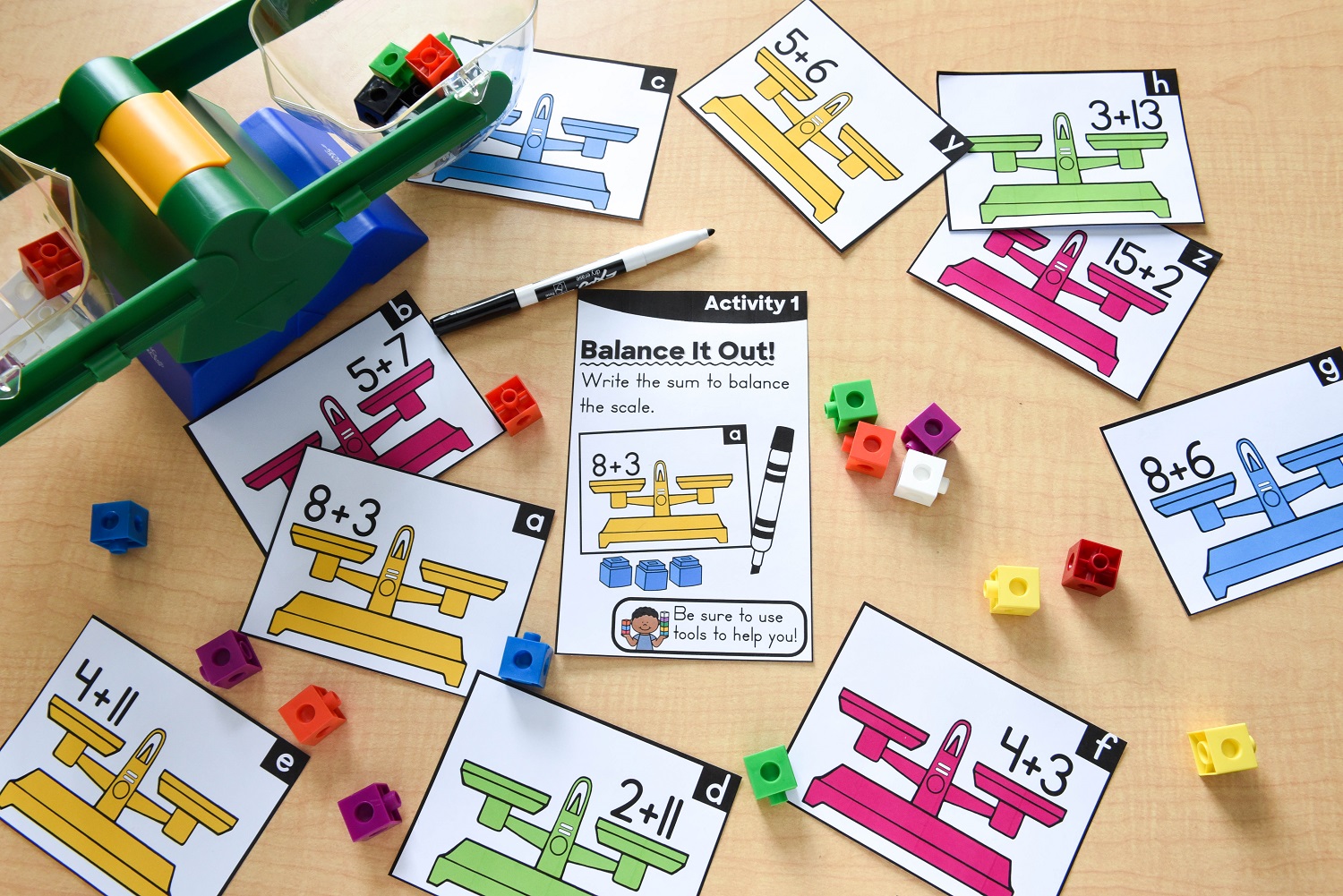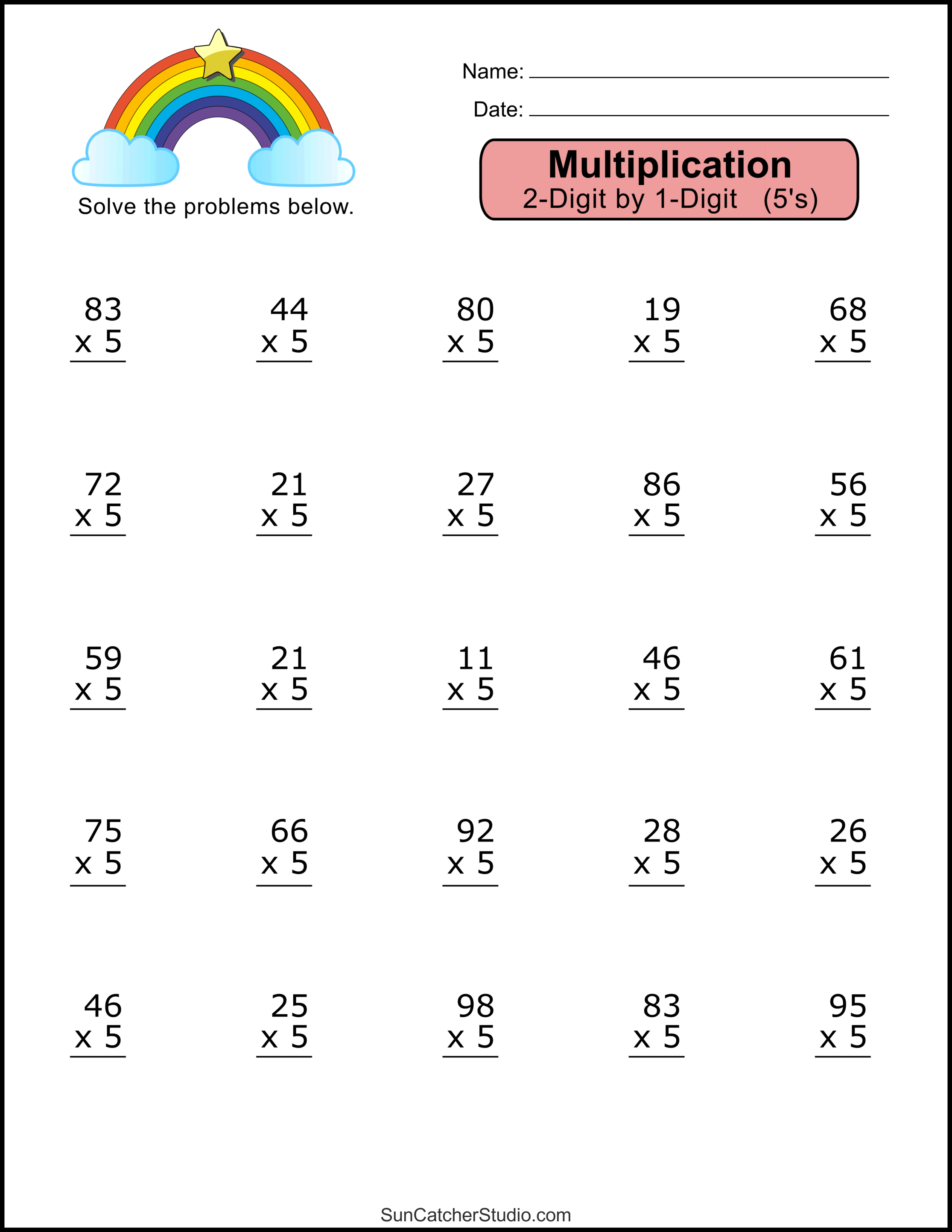Overcoming Math Anxiety: Empowering Grade 5 Learners
Math anxiety is a common issue among students, particularly in grades 5 and beyond. This psychological condition can hinder a child’s ability to perform in math-related tasks, potentially impacting their overall academic performance. However, with the right strategies and supportive environments, grade 5 learners can overcome math anxiety and develop a positive relationship with mathematics. This article explores the causes of math anxiety, its effects on students, and effective strategies for overcoming it.
Understanding Math Anxiety

Math anxiety is characterized by feelings of tension, apprehension, and fear that interfere with math performance. This condition can stem from various sources:
- Negative Past Experiences: Students who have previously struggled with math may develop a fear of failure.
- Parental and Teacher Attitudes: Negative comments from parents or teachers can contribute to a child’s anxiety.
- Peer Pressure: Comparisons to classmates can lead to feelings of inadequacy.
- High-Stakes Testing: The pressure to perform well on standardized tests can exacerbate anxiety.
According to a study published in the Journal of Educational Psychology, up to 80% of students report experiencing some level of math anxiety. This statistic highlights the prevalence of this issue and the need for effective intervention strategies.
Effects of Math Anxiety on Academic Performance
The impact of math anxiety extends beyond the classroom. When students experience anxiety, their cognitive processes can be disrupted, leading to:
- Poor Performance: Anxiety can lead to difficulty in concentrating, resulting in lower test scores.
- Reduced Participation: Anxious students may avoid participating in class discussions or group work.
- Negative Self-Image: Persistent anxiety can lead to a lack of confidence in one’s abilities.
Research indicates that students with high levels of math anxiety often perform worse in math classes compared to their less anxious peers. This can create a vicious cycle where poor performance reinforces anxiety, leading to further academic struggles.
Strategies for Overcoming Math Anxiety

Fortunately, there are numerous strategies that educators, parents, and students can adopt to combat math anxiety and empower grade 5 learners. Here are some effective approaches:
1. Create a Supportive Learning Environment

A nurturing atmosphere can significantly reduce anxiety levels. Teachers and parents can foster support by:
- Encouraging a growth mindset, emphasizing that mistakes are part of the learning process.
- Providing positive reinforcement and celebrating small victories.
- Offering constructive feedback rather than criticism.
2. Incorporate Engaging Math Activities
Making math fun can help reduce anxiety. Here are some engaging activities:
- Math Games: Incorporate board games, card games, or online math games that teach concepts in a playful manner.
- Real-World Applications: Use everyday situations to explain math concepts, such as cooking measurements or budgeting.
- Hands-On Learning: Utilize manipulatives like blocks or puzzles to visualize mathematical concepts.
3. Teach Relaxation Techniques

Helping students manage their anxiety through relaxation techniques can be beneficial. Strategies include:
- Deep Breathing Exercises: Encourage students to take deep breaths before starting a math task.
- Mindfulness Practices: Introduce simple mindfulness exercises to help students focus on the present moment.
- Positive Visualization: Teach students to visualize themselves succeeding in math tasks.
4. Develop Math Skills Gradually
Breaking down math concepts into smaller, manageable parts can help students build confidence. Here are some techniques:
- Introduce new concepts gradually, ensuring students have mastered foundational skills before progressing.
- Use scaffolding techniques to support students as they tackle more complex problems.
- Encourage cooperative learning, where students work together to solve problems, fostering peer support.
5. Involve Parents in the Process
![]()
Parental involvement can play a crucial role in alleviating math anxiety. Parents can:
- Engage in math-related activities at home, reinforcing concepts learned in school.
- Maintain a positive attitude toward math, modeling confidence and enthusiasm.
- Communicate with teachers to understand their child’s progress and find additional resources if needed.
6. Provide Access to Resources
Providing students with access to various resources can help them feel more equipped to handle math challenges. Consider:
- Offering online math tutorials or apps that reinforce classroom learning.
- Creating a math resource corner in the classroom with reference books and tools.
- Encouraging participation in math clubs or extracurricular activities focused on math.
Case Studies: Success Stories

Several schools and organizations have implemented strategies to combat math anxiety successfully. For example:
- The Math Recovery Program: This initiative focuses on early intervention and has shown promising results in reducing math anxiety among primary school students by emphasizing individualized learning.
- Growth Mindset Workshops: A school in California implemented workshops that educated students on the importance of a growth mindset. The result was a 30% increase in math test scores over the academic year.
These case studies illustrate the effectiveness of implementing targeted strategies to empower students in overcoming math anxiety.
Math anxiety is a significant barrier that can hinder students’ academic success and self-confidence. However, with the right support and strategies, grade 5 learners can overcome this challenge. Creating a supportive learning environment, incorporating engaging activities, teaching relaxation techniques, and involving parents are all essential components of an effective approach. By addressing the roots of math anxiety and providing students with the tools they need to succeed, educators and parents can empower children to develop a positive relationship with mathematics. As we continue to foster resilient learners, we pave the way for future generations to embrace math with confidence and enthusiasm.


